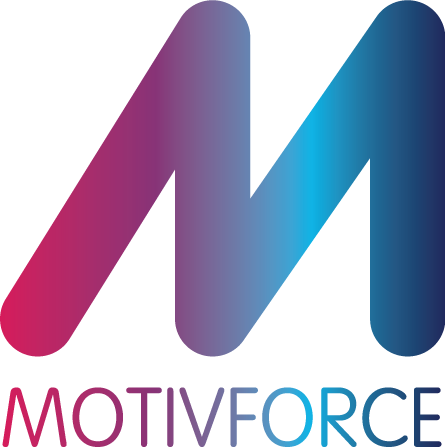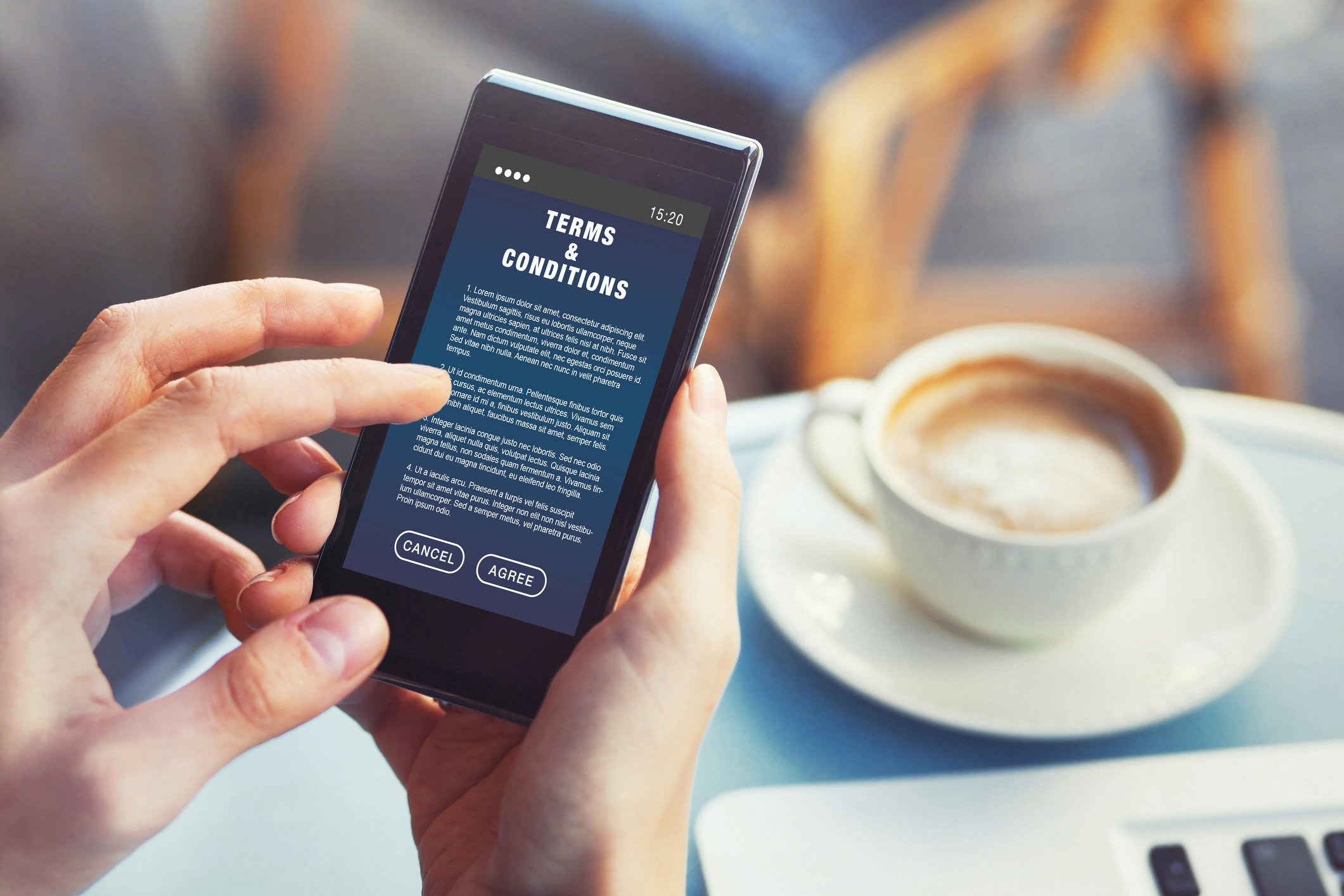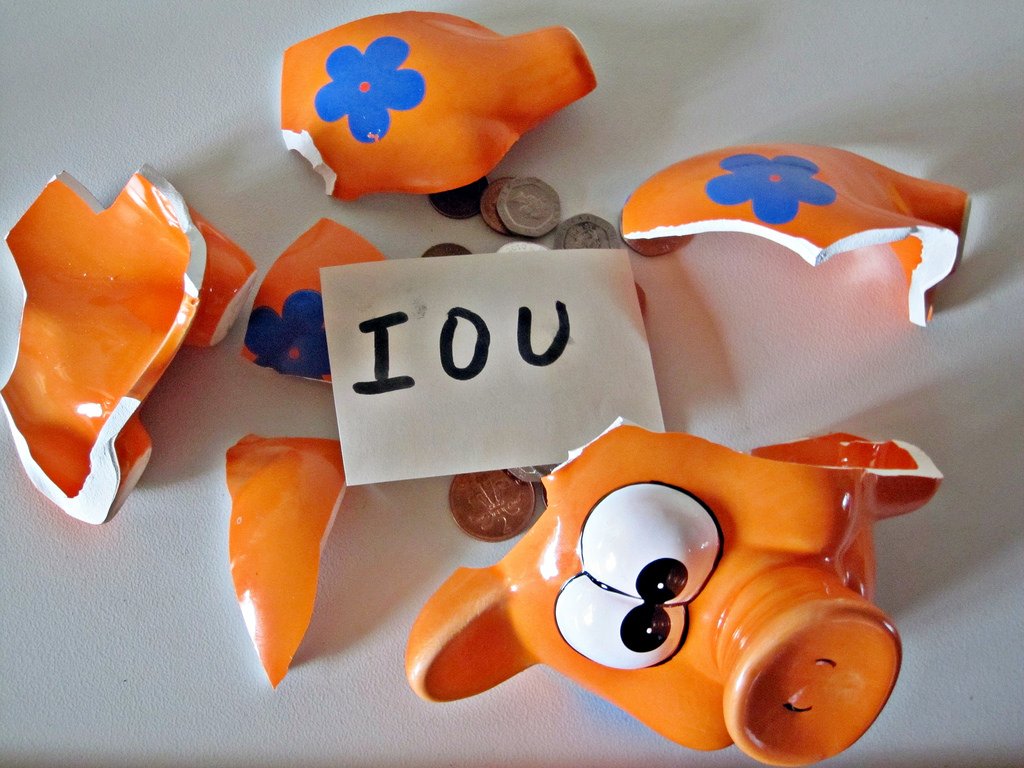How to tell if members are suspicious of your loyalty program?
I Owe You One.... But Thanks Anyway!
Our loyalty professors Ko de Ruyter and Debbie Keeling share their latest research and how to avoid channel partners having mixed feelings about your loyalty program
Your channel partners are sometimes suspicious of the true intentions of program sponsors. On the basis of the mantra ‘there is no free lunch’, they feel a sense of obligation, a pressure to have to return the favour. At the same time, there is often a feeling of gratitude for incentives associated with the personal development that can be attained through training or the rewards for selling the right products. So, mixed feelings are common among channel partners. How does this impact program ROI and what can you do about it? Motivforce R&D conducted a study among 2700 channel partners to find answers.
Our study showed that:
Indebtedness reduces channel partner commitment and sales effort: when channel partners feel like they owe the program sponsor, they will hold back.
Feelings of gratitude can act as a buffer: since people can feel both indebted and grateful the positive feeling is able to cancel out the negative one.
Perceived program sponsor motives boost gratitude: the belief that the channel program is truly aimed at developing business partner knowledge and skills and ultimately at developing the relationship promotes thankfulness.
Here’s a couple of take-aways from the research:
Avoid any explicit or implicit reference to the need to return favours. In communications with Business Partners it should be stated that program participation is “absolutely without any obligation”.
Introduce the language of gratitude. Share thank you messages with your partners.
Invite Business Partners to reflect on how the hard and soft benefits are related to successful partnerships that are based on added value for both parties and create a “win-win situation”. Mention terms of endearment of the relationship. Point out politely that these are based on an effort-reward ratio.












Transform B2B loyalty with tiny habits. Discover the "Atomic Loyalty" approach for lasting relationships.